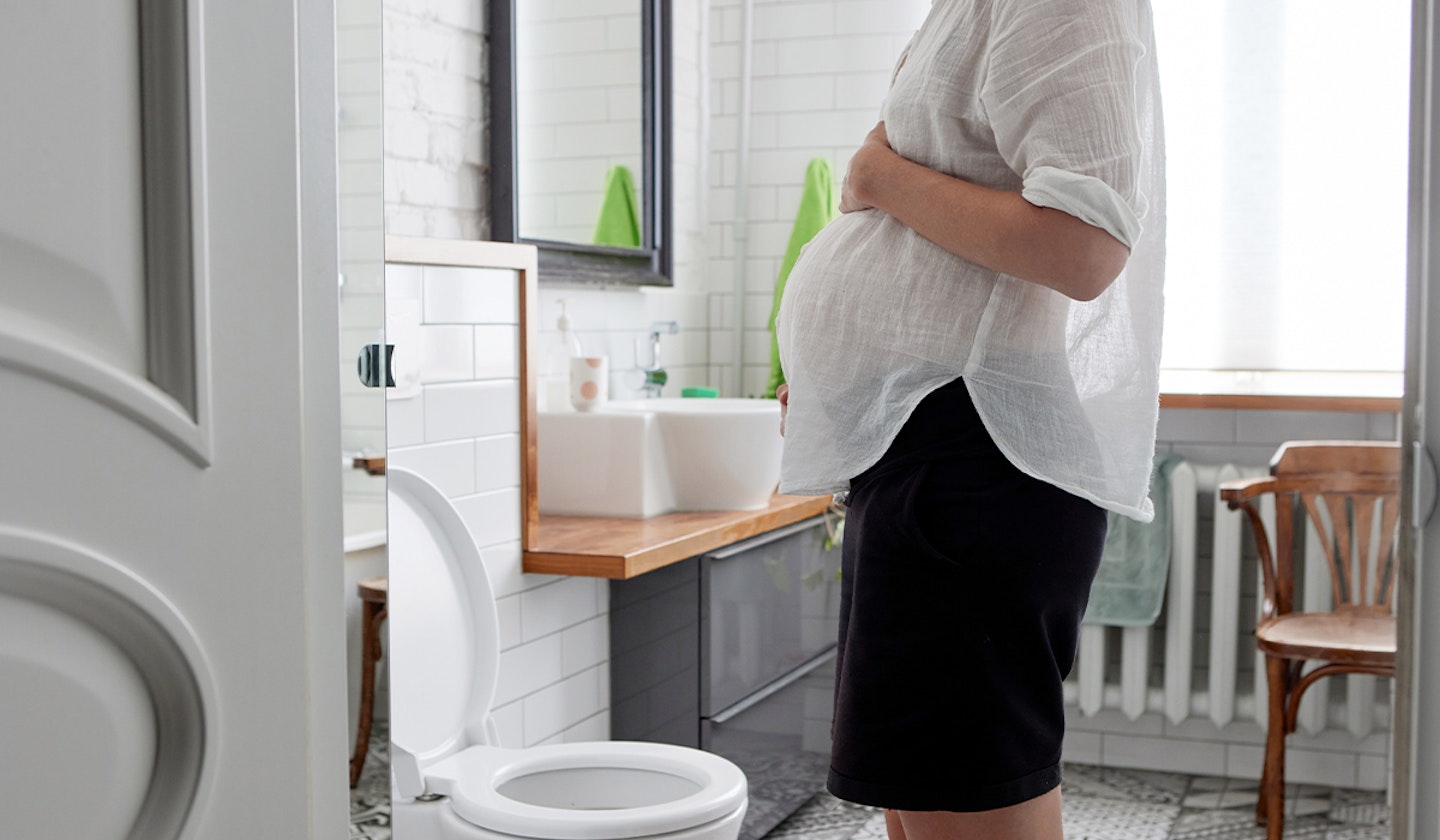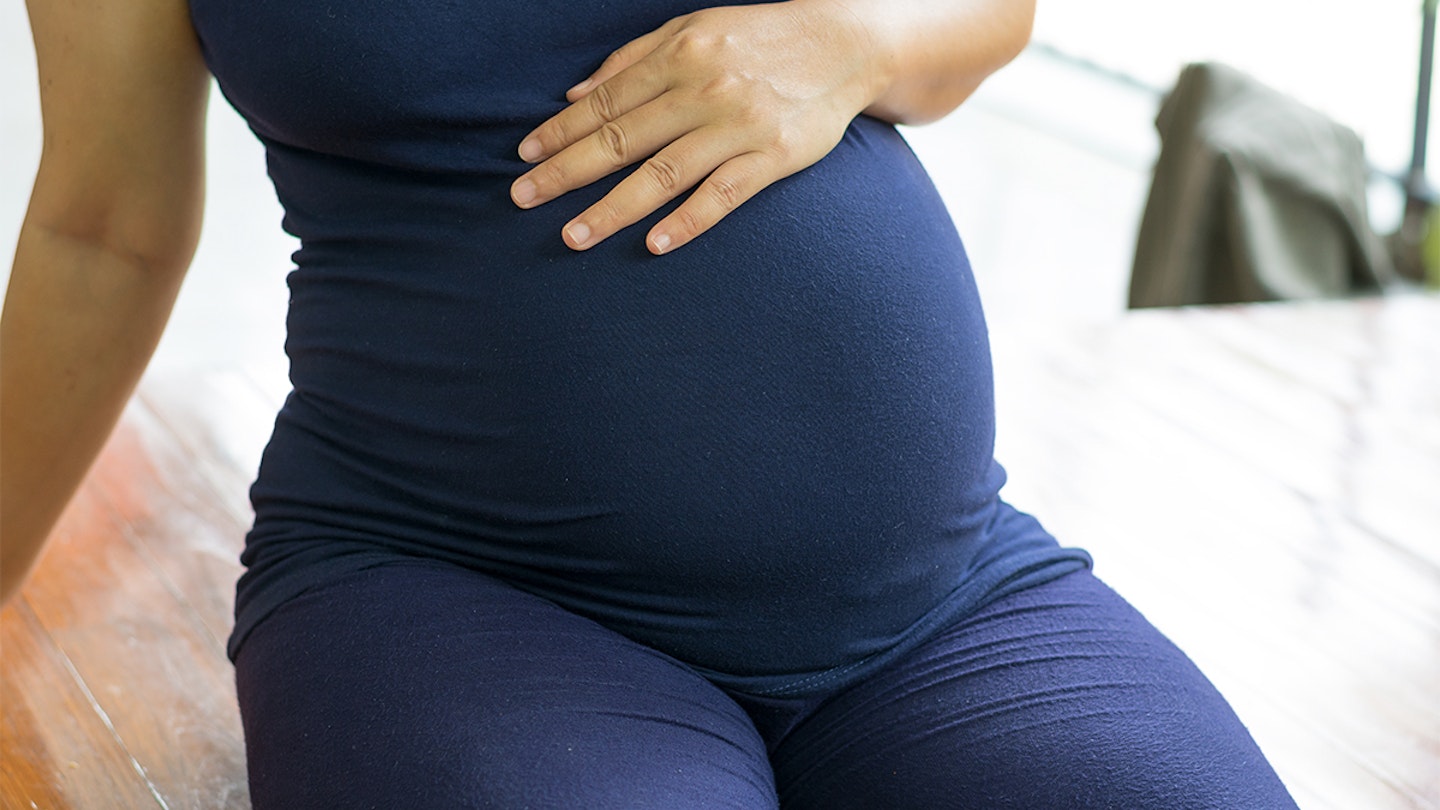Pregnancy brings all sorts of changes to our bodies, and one area carrying a baby can have a huge impact on is our digestive system. Whether it’s constipation, diarrhoea, gas, vomiting, nausea or bloating, women who already had IBS before pregnancy might be wondering how their symptoms might change when it comes to IBS and pregnancy.
While it’s very difficult to predict how your individual IBS symptoms will change during pregnancy, as each pregnancy is so different, we’ve put together some expert guidance on the different ways IBS can impact you in pregnancy, with advice from Midwife Pip.
What is IBS?
IBS is a common digestive problem, thought to be caused by food passing too quickly or too slowly through the gut. It may also be caused by oversensitivity of the nerves in the gut and can be made worse by external factors such as stress. People with a family history of IBS are thought to be more prone to developing it too.
What are the symptoms of IBS?
The symptoms of IBS can vary between different people but typically include stomach bloating and cramping, diarrhoea and/or constipation. Symptoms can last days, weeks or months at a time and although there’s no cure for IBS, the symptoms can be managed through diet and lifestyle interventions.
How can pregnancy affect IBS?
Pregnancy can affect IBS in different ways, with some women finding their symptoms improve during pregnancy, whilst others may find they worsen.

The increased levels of oestrogen and progesterone hormones in pregnancy can impact the digestive tract and gut. This combined with the changes to your abdomen and squashing of your digestive system as your baby grows can irritate your symptoms.
It is not possible to tell exactly how pregnancy will impact digestive symptoms in different people, and some women who have experienced multiple pregnancies find that symptoms vary from one pregnancy to another.
Can IBS in pregnancy impact my baby?
It is reassuring to know that generally speaking, IBS is not dangerous for baby in pregnancy, but ensuring you are eating a balanced nutrient rich diet during pregnancy and doing your best to avoid symptoms such as excessive diarrhoea in pregnancy that could lead to deficiencies or dehydration is important.
Equally, prolonged periods of constipation in pregnancy should be discussed with your doctor, particularly if you are suffering from uncomfortable piles in pregnancy.
Treatments for IBS in pregnancy
Often dietary changes and hydration can improve IBS symptoms, but if this doesn’t work, you can also speak with your GP about trying pregnancy-safe IBS medications. Managing feelings of stress or anxiety in pregnancy is also important for managing IBS symptoms. Naturally, pregnancy can increase these, so here are some tools you can try to help manage stress.
Taking gentle exercise during pregnancy and using relaxation breathing techniques can really help, as can ensuring you get enough sleep while pregnant and rest for your body at this time.
If you are feeling stressed and feel this is triggering IBS symptoms, talking about your thoughts and feelings with friends, family or healthcare professionals can also help.
About the expert
Midwife Pip is a truly passionate midwife and advocate for the profession, bursting with knowledge. Pip is an experienced, practising Midwifery Sister, MSc graduate, founder of Midwife Pip Podcast, Hypnobirthing and Antenatal Educator, co-author of published research and importantly a mum.
She is on a mission to ensure all expectant and new mums feel like superwomen during pregnancy and when they give birth. Pip believes passionately that with the right support and honest and evidence-based information, all birth should be positive regardless of any twists and turns that may crop up.
For this reason, Pip began her Instagram page @midwife_pip followed by her online courses, where she is on hand to support and guide women through all aspects of pregnancy, birth, and early postpartum every step of the way.
Lorna White is the Senior Digital Writer for Mother&Baby. After running the Yours magazine website, specialising in content about caring for kids and grandchildren, Lorna brought her expertise to Mother&Baby in 2020. She has a keen interest in a range of topics from potty training and nutrition to baby names and early development and has a wide range of experienced medical experts and professionals at her fingertips. In her spare time, she enjoys spending time with her two young sisters, dog walking and enjoying the outdoors with her family.
